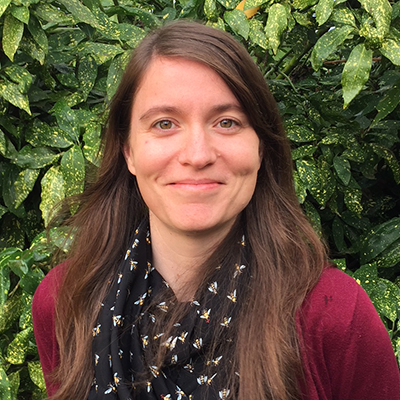
$5 million tax refund
On Monday, Bank of America returned more than $5 million in subsidies to the City of Chicago because it hadn't delivered on its goal of creating 2,700 jobs.
On Monday, Bank of America returned more than $5 million in subsidies to the City of Chicago because it hadn’t delivered on its goal of creating 2,700 jobs.
And this is just the tip of the iceberg. Every year, $500 million worth of property tax revenue collected in Chicago’s neighborhoods flows into a funding pool that is out of the eye of the public.
Now, unless corporations voluntarily hold themselves accountable for delivering on their promises, we have no way of knowing how many more companies took public money to create jobs or other public benefits but fell short of their goals. Or how much they owe back to the public. This is a scary thought.
For decades, the subsidy program called tax increment financing (TIF) has been shielded from public scrutiny, which has led to egregious misuse of public money—and except for Monday’s announcement from Bank of America, the City has never held developers and other companies accountable for delivering on their goals.
For instance, between 1996 and 2000, Chicago paid out over $10.4 million in subsidies to Republic Windows and Doors to help construct its Goose Island factory. As part of the deal, the company promised to maintain 549 jobs at the facility until 2019. In 2009, the factory shut down and the hundreds of jobs that were promised were lost. Despite not holding up their end of the deal, the company faced no penalty and our tax dollars were never repaid.
The City cannot allow this to happen anymore. The reforms Mayor Emanuel proposed back in August would start to solve this problem—but only if he actually implements them. Mayor Emanuel needs to protect Chicagoans and implement his reforms now.
Authors
Celeste Meiffren-Swango
State Director, Environment Oregon
As director of Environment Oregon, Celeste develops and runs campaigns to win real results for Oregon's environment. She has worked on issues ranging from preventing plastic pollution, stopping global warming, defending clean water, and protecting our beautiful places. Celeste's organizing has helped to reduce kids' exposure to lead in drinking water at childcare facilities in Oregon, encourage transportation electrification, ban single-use plastic grocery bags, defend our bedrock environmental laws and more. She is also the author of the children's book, Myrtle the Turtle, empowering kids to prevent plastic pollution. Celeste lives in Portland, Ore., with her husband and two daughters, where they frequently enjoy the bounty of Oregon's natural beauty.
